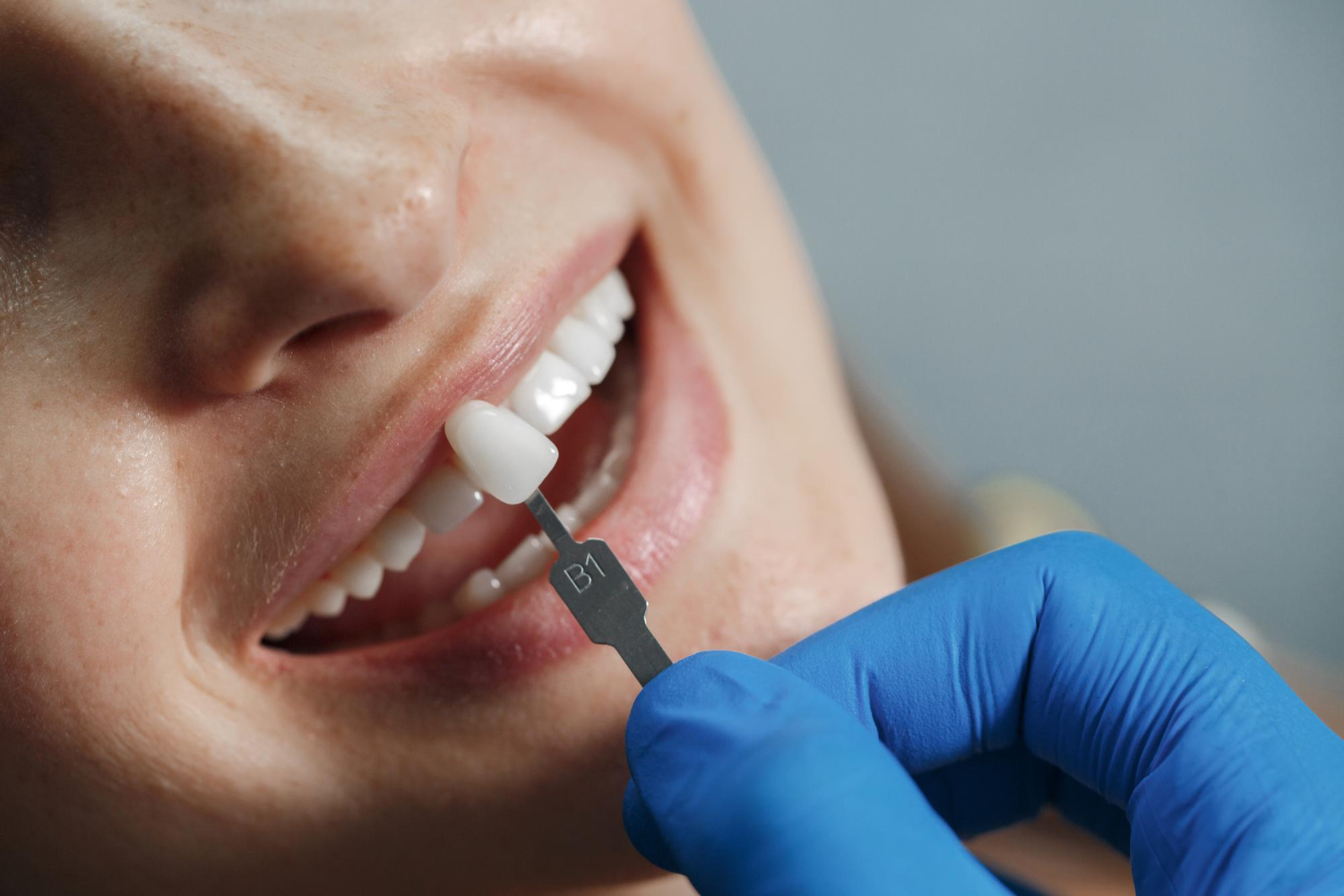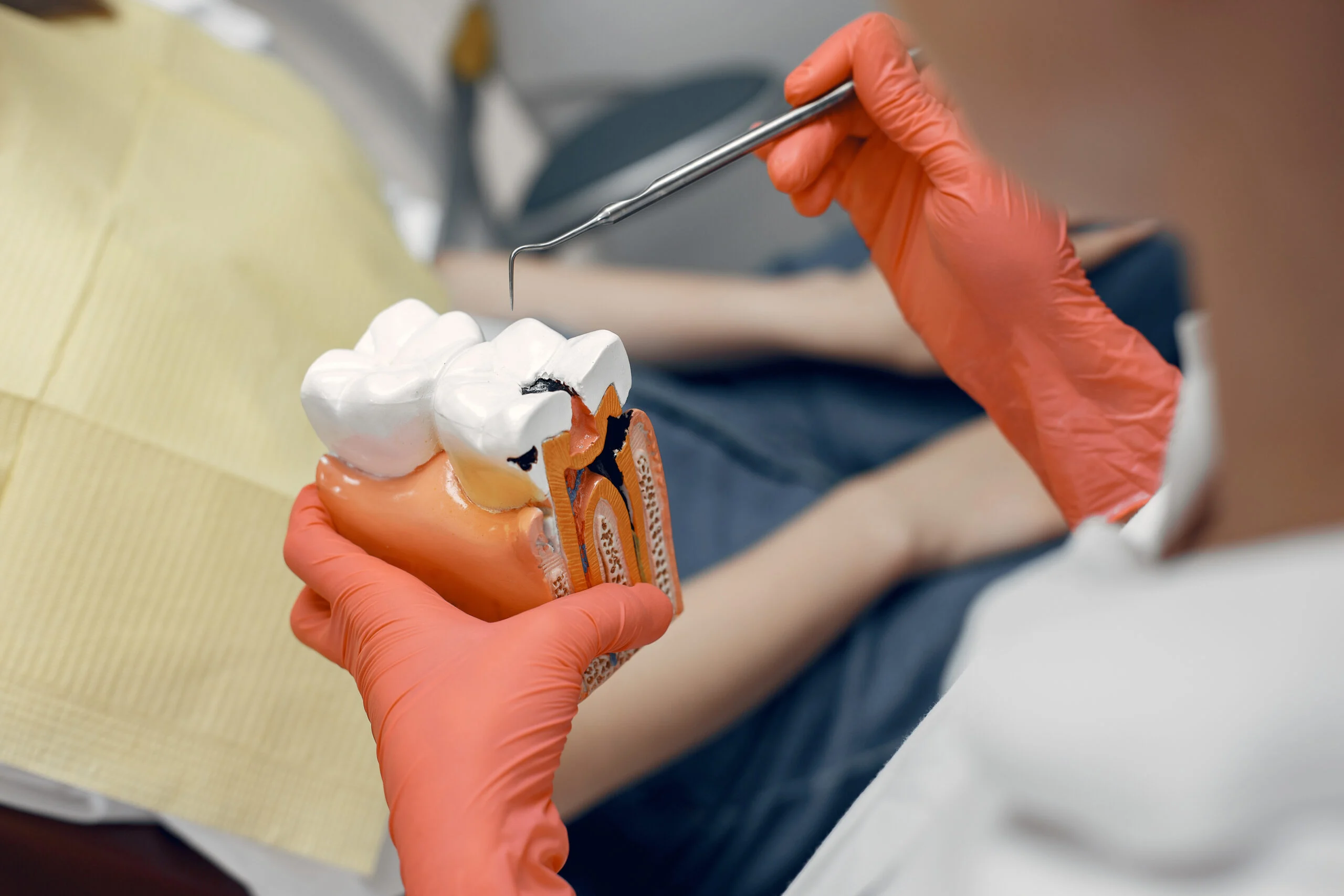Introduction
The journey to a lifetime of oral health begins at an early age, and pediatric dentistry plays a crucial role in laying the foundation for healthy smiles. Pediatric dentists are specially trained to provide comprehensive oral care to children, from infancy through adolescence. This article delves into the world of pediatric dentistry, highlighting its importance, specialized practices, and the strategies used to create a positive dental experience for young patients.
The Significance of Pediatric Dentistry
Pediatric dentistry focuses on the oral health of infants, children, and teenagers. It recognizes that dental care needs vary at different stages of development. Early childhood is critical for establishing good oral hygiene habits, addressing potential issues, and preventing future dental problems.
Critical Aspects of Pediatric Dentistry
Preventive Care: Preventing dental issues is at the core of pediatric dentistry. Regular dental check-ups, professional cleanings, and early interventions help prevent cavities and other dental problems.
Education: Pediatric dentists and their teams educate children and parents about proper oral hygiene techniques, including brushing, flossing, and diet choices. Teaching children about oral health from a young age empowers them to take responsibility for their own dental care.
Behavior Management: Pediatric dentists are skilled in creating a comfortable and positive environment for children. Techniques such as tell-show-do and positive reinforcement help alleviate dental anxiety and ensure a cooperative attitude during treatment.
Specialized Treatment: Children’s dental needs can be different from those of adults. Pediatric dentists are experienced in treating issues specific to growing mouths, such as baby teeth, tooth eruption, and jaw growth.
Early Intervention: Identifying and addressing dental problems early can prevent more extensive and costly treatments later. Early interventions may include space maintainers, orthodontic assessments, and fluoride treatments.
Dental Trauma Management: Accidents can happen, and pediatric dentists are trained to handle dental trauma in children, including injuries to the teeth, mouth, and jaw.
Creating a Positive Dental Experience
Pediatric dentists are adept at making dental visits enjoyable and stress-free for children. Some strategies they use include:
Child-Friendly Atmosphere: Pediatric dental offices are designed to be child-friendly and inviting, with colorful decor, toys, and games that help children feel at ease.
Communication: Pediatric dentists explain procedures in child-friendly language, ensuring children understand what to expect during their visit.
Parental Involvement: Parents are encouraged to play an active role in their child’s oral health. They receive guidance on oral care practices at home and how to address common concerns.
Pain Management: Pediatric dentists use techniques to minimize discomfort during procedures, and they may also offer options for sedation or anesthesia when needed.
Positive Reinforcement: Reward systems, stickers, and small prizes can motivate children to actively participate in their dental care and feel proud of their accomplishments.
Conclusion
Pediatric dentistry is not just about treating teeth; it’s about fostering a positive relationship between children and their oral health. Early exposure to regular dental visits sets the stage for a lifetime of good oral hygiene practices. With the expertise of pediatric dentists, children can grow up with healthy, confident smiles and a strong foundation for lifelong oral health. Parents are encouraged to seek out qualified pediatric dental professionals to ensure the best possible start for their children’s dental well-being.



